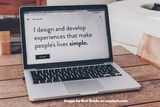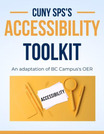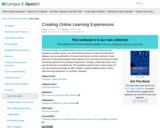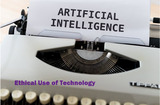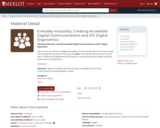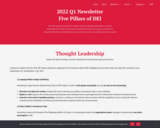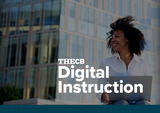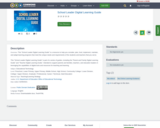In a technology-driven environment, we assume most people are comfortable learning online. The ubiquity of digital communication, automated assistance, and constant connectivity support this assumption, but many of us lack the skills needed to navigate digital resources and technologies in an academic setting. Learning in a Digital Age (LiDA) is a credit-bearing course designed to improve digital learning literacies for higher education and help learners gain more value from open educational resources (OER).
In this course, you will develop the digital and learning literacies to maximize their learning in a contemporary digital learning environment for higher education. You will develop the academic skills to discern the credibility, accuracy, and integrity of open access resources available on the Internet and corresponding digital tools to research, analyze, and present information for academic purposes.
You will also develop competence in a range of digital tools, including social media, communication and collaboration tools, and publishing tools to support learning in contemporary society. This will include knowledge of copyright, open licensing, media literacy, and digital citizenship.
This course is offered concurrently in partnership with OERu. You are more than welcome to work through all four sections at your own pace, but you may be able to interact with more students if you follow the schedule used by OERu and their community of learners.
This course includes the following sections:
Digital Skills for Online Learning (LiDA101)
Digital Citizenship (LiDA102)
Open Education, Copyright, and Open Licensing in a Digital World
Critical Media Literacy and Associated Digital Skills (LiDA104)
